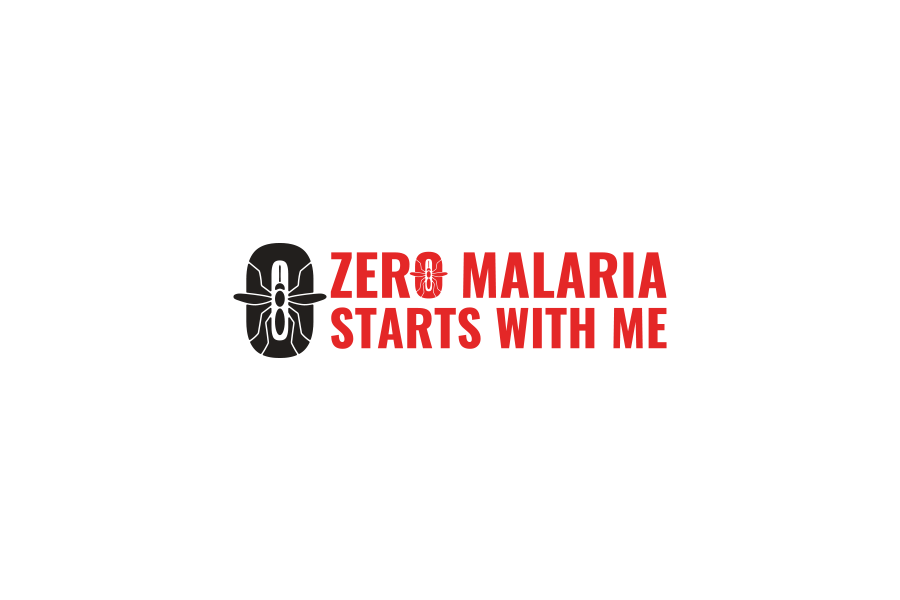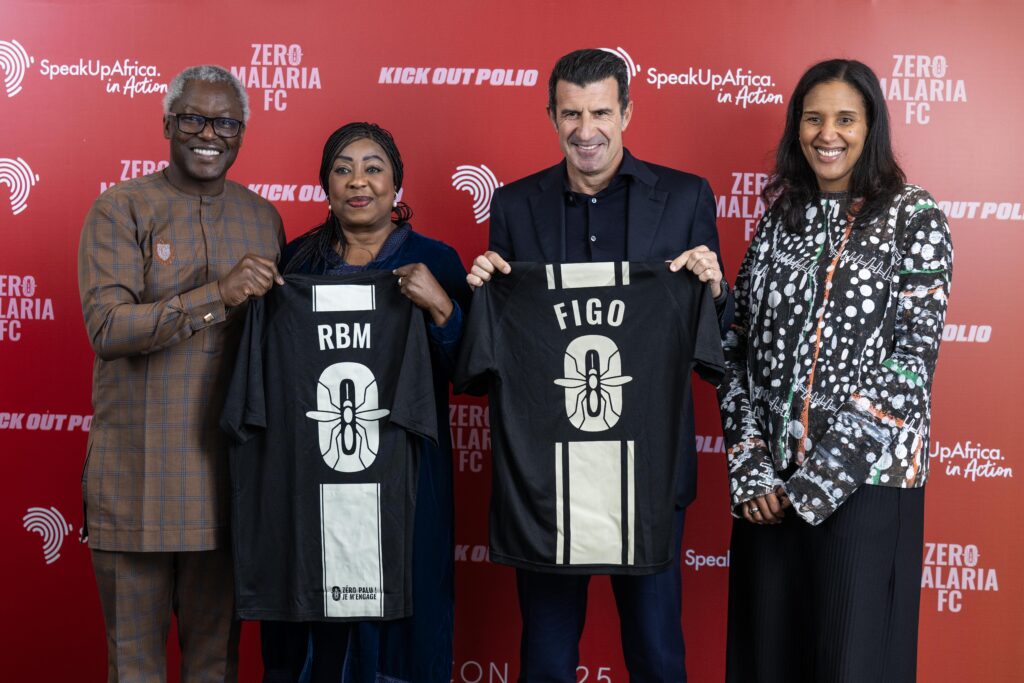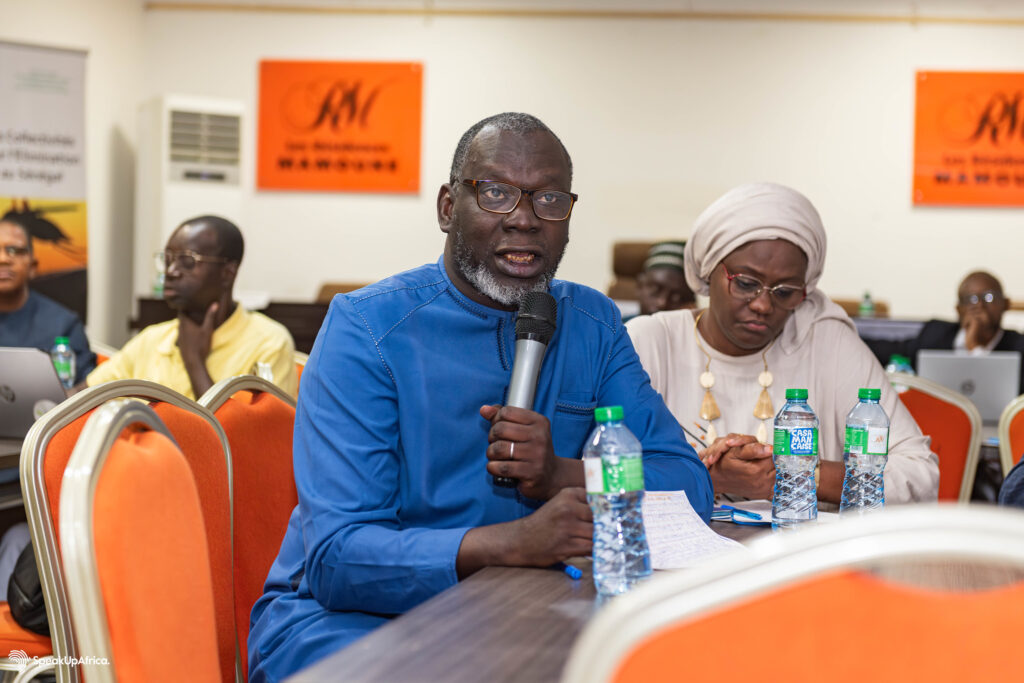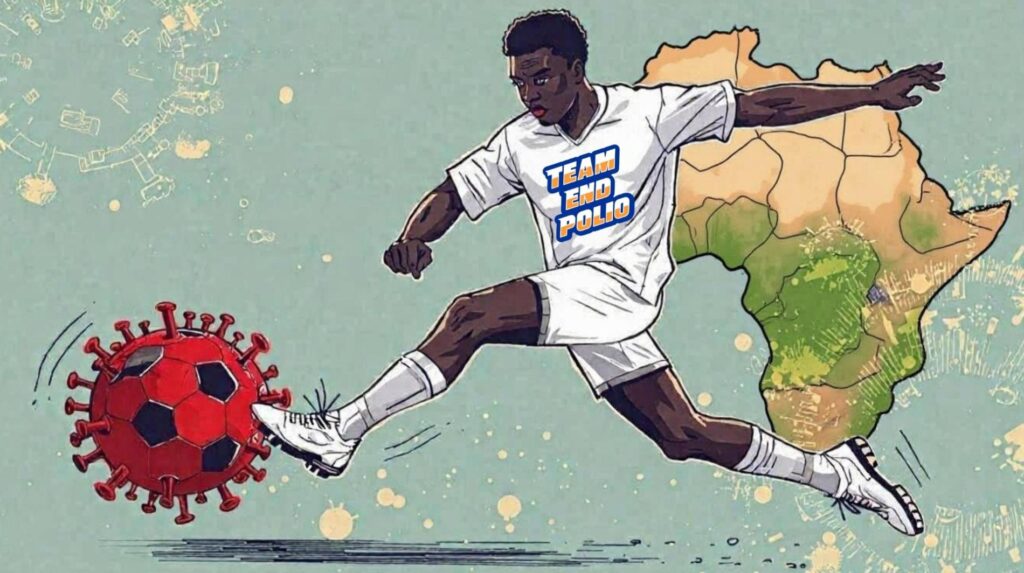From GFAN to Global Governance: The Importance of Community Voices in the Fight Against Malaria
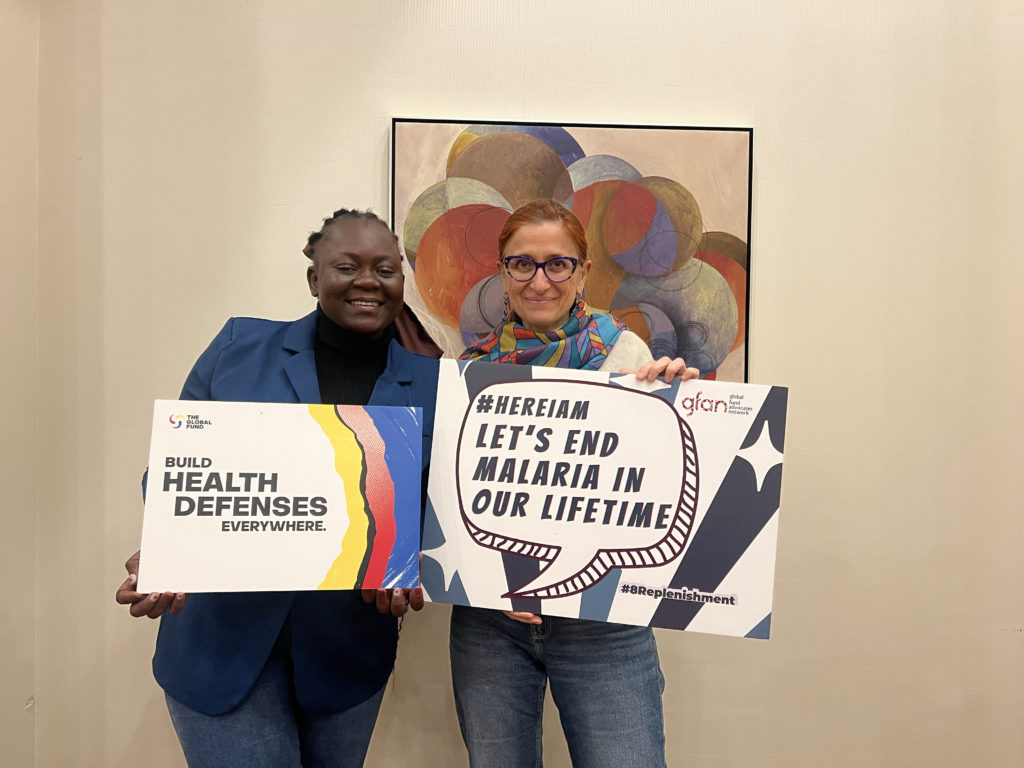
By Farida Tiemtore, Founder of Heroines of Faso, Essential Voices of Burkina Faso and Member of the Global Fund Youth Council
Each year, on April 25, World Malaria Day offers us an opportunity to mark the progress made, but also to remember that the disease continues to kill, particularly in low-and middle-income countries. 2025 is a decisive year for the fight against malaria and several threats are converging: a funding freeze from the US, a growing number of health and humanitarian crises, and the daunting challenge of the Global Fund’s 8th Replenishment, scheduled for later this year. More than ever, it is crucial to place communities, women, and young people at the heart of the global response.
It was in this spirit that I participated in the GFAN (Global Fund Advocates Network) meeting, held in Ottawa from April 7 to 10, 2025. A powerful moment of dialogue and mobilization, where I, as an Voix EssentiELLES, recalled to the participants the importance of placing community voices, challenges and solutions at the center of international decision-making spaces.
« The 2025 GFAN meeting in Ottawa made one thing very clear: we cannot win the battle against malaria, HIV, and tuberculosis without the commitment of all stakeholders. From communities to parliamentarians, from young people to policymakers, everyone has a critical role to play. The upcoming replenishment will only be successful if it reflects the voices, needs, and solutions brought from communities to the highest levels of decision-making, » emphasized Katy Kidd Wright, Director of GFAN.
A Francophone pre-conference to refocus regional priorities
Prior to the main GFAN meeting, I participated in the GFAN Francophone pre-conference. It was a powerful opportunity for sharing, mobilization, and coordination among stakeholders from Francophone countries engaged in the fight against these diseases. We reflected on ways to amplify the voice of Francophones within the GFAN, a group often underrepresented in global advocacy strategies.
A major focus was the need to adapt advocacy approaches to Francophone contexts, taking into account cultural realities, language barriers, and the specific priorities of the countries. I emphasized, on this occasion, how essential it is to integrate cross-cutting issues such as women’s empowerment, sexual and reproductive health, and the fight against gender-based violence (GBV) into malaria responses. These dimensions are inseparable from health as a whole, particularly in contexts where women and girls face multiple vulnerabilities.
Communities at the center of the response
A central message of this GFAN meeting was the need to make the voices of communities heard. They are the ones who know the realities of this diseases, who suffer their consequences, and who also bring concrete solutions. Voix EssentiELLES leaders, in particular, were highlighted for their driving role in co-designing effective strategies. Women and young people play a central role in this response. They are the ones who provide family care, lead prevention activities, and can drive local innovations. It is therefore imperative to actively include them in international decision-making processes, particularly in the governance of the Global Fund.
« If we truly want to end malaria, it is imperative to rethink how we finance the response. Traditional mechanisms are no longer sufficient. The Voix EssentiELLES initiative is a concrete illustration of this: it not only strengthens the capacities of women and young people at the grassroots level, but also empowers them to propose and implement solutions adapted to their contexts. This model demonstrates that community-centered, gender-responsive, and fund-based financing is not only possible, but also very effective. It is time for these approaches to be systematically integrated into international health governance, including through the Global Fund, » said Maelle Ba, Communications and External Relations Advisor at Speak Up Africa and co-chair of the RBM Partnership to End Malaria’s Advocacy, Communications, and Resource Mobilization Partners Committee.
Major challenges: funding freeze and multiple crises
One of the major obstacles discussed during the meeting was the freeze on US funding for global health. The United States, a long-standing player and major donor to the Global Fund, has suspended part of its global health support. This situation directly jeopardizes the progress made in the fight against malaria, but also against HIV/AIDS and tuberculosis. This funding freeze comes amid simultaneous humanitarian and health crises: COVID-19, Mpox, geopolitical conflicts, population displacement, and the growing effects of climate change. These factors combined are weakening health systems and making the need for increased international support even more urgent.
« We are facing a convergence of crises—health, humanitarian, climate, and geopolitical—that are putting unprecedented pressure on health systems, particularly in the most vulnerable countries. In this complex context, the risks of regression are real. Without renewed collective commitment and resources commensurate with the needs, hard-won gains in the fight against HIV, tuberculosis, and malaria could be quickly erased.It is imperative that we strengthen our joint efforts, promote more sustainable and inclusive financing approaches, and support community actors on the front lines. More than ever, international solidarity is not an option, but a vital necessity to preserve the progress made and build resilient health systems, » said Françoise Vanni, Director of External Relations and Communications at the Global Fund.
Prioritize the fight against malaria at national level
African countries, which continue to bear the heaviest burden of malaria, must now reaffirm their leadership in the fight against this disease. With international funding tending to decline overall, it is essential to increase domestic resources and make the fight against malaria a national priority. This requires strong political commitment, increased funding through national budgets, and sustainable strengthening of health systems.
The theme of World Malaria Day 2025, « Reinvest, reimagine, and revive our common efforts to end malaria, » underscores the urgent need for renewed collective mobilization. This means not only rethinking current strategies, but also reviving the ambition to eliminate this disease with more resilient approaches adapted to local realities. In this context, initiatives such as Voix EssentiELLES or other catalytic funds can provide support, but they cannot replace a genuine desire on the part of the most affected countries to commit themselves, by investing domestic resources and making strong decisions. The 8th Replenishment Conference of the Global Fund, scheduled for the end of the year, will be an important moment, not to perpetuate dependence on external aid, but to encourage a renewed and balanced commitment between technical partners and endemic countries.
Multilateralism as a lever for concrete solutions
I also participated in a panel on multilateralism, where we discussed how international cooperation can accelerate the fight against malaria. Multilateralism allows governments, international organizations, civil society, and the private sector to act together in a coordinated manner to address public health challenges, but this model, as it stands today, is beginning to run out of steam. The panelists highlighted concrete avenues: creating more flexible financing mechanisms, strengthening community care networks, and intensifying outreach efforts in high-risk areas. But above all, it was emphasized that decisions must be made with communities, not for them.
Strengthening Francophone voices and participation in governance spaces
In this spirit, Voix EssentiELLES actively participates in the GFAN’s Francophone calls, which have become a strategic space for updating, exchanging, and coordinating global health advocacy. These calls are essential to ensure that the realities of Francophone countries are taken into account at all levels. Upcoming priorities also include the 53rd meeting of the Global Fund Board, a key moment to ensure that the delegations representing us effectively defend our voices, needs, and priorities. It is essential that decisions made at this level reflect the realities of communities, and not solely political or institutional considerations.
Together for a malaria-free future
The fight against malaria cannot be won without collective commitment, strengthened support for communities, and renewed political will. Women, young people, and local communities must be recognized as active stakeholders, not mere beneficiaries. To succeed, we need sustainable financing, ambitious international cooperation, and equitable representation of community voices in all decision-making bodies. On this World Malaria Day, let us remember that ending malaria is possible if we place people, social justice, and equity at the center of our action.
